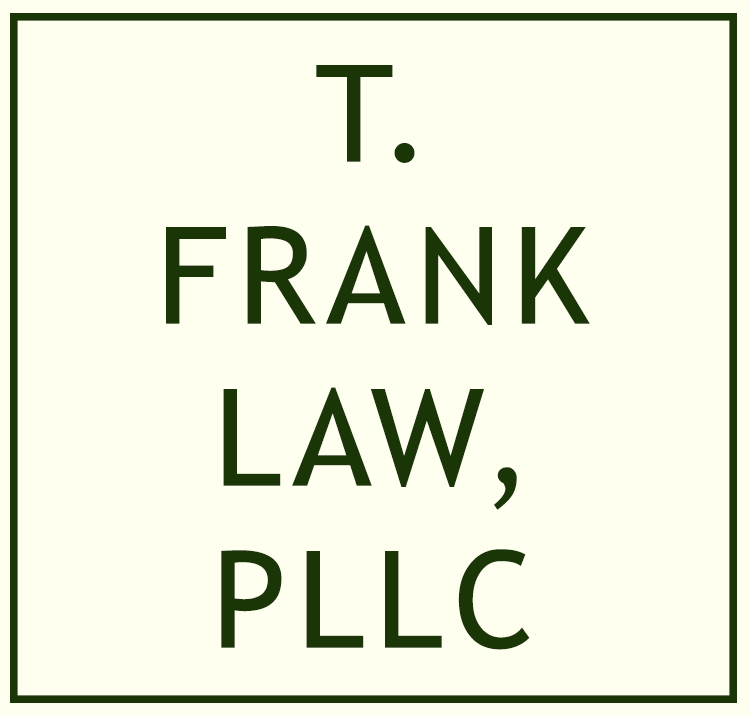Buy-Sell Agreements: A Brief Overview
Small businesses are such an important part of our community, and I regularly field phone calls from business owners who are thinking about retirement, handing off the family business to their children, or taking steps to include their business as part of a comprehensive estate plan.
After years of hard work and dedication to a business, many owners wish to arrange for the future ownership of the business on their terms.
Enter the shareholder agreement, sometimes also known as a buy-sell agreement. These agreements reduce to writing how and under what conditions a business will be sold. Events that could trigger a sale include retirement, disability, bankruptcy, or death of an owner.
These agreements can take many forms, including whether the buyers and sellers have an obligation to purchase the business, or are given the option of buying or selling the business interest. For instance, an agreement can provide for a right of first refusal of the other owners, or that all parties must complete a sale transaction when the relevant conditions are met. The agreement can also provide for different options upon varying triggering events.
Another important consideration is whether the buy-sell agreement will be a cross-purchase agreement, meaning the remaining owners of the business purchase the interest, or whether the buy-sell agreement will be a redemption agreement, meaning the company is the purchaser of the ownership interest.
It’s also important to think about how the buy-out will be funded. Buy-sell agreements can be funded with installment notes, and they can also be funded with a life insurance policy. For improved liquidity, a life insurance policy can be purchased with an irrevocable life insurance trust.
I'd be happy to talk with you more about planning for the succession of your business. Please feel free to schedule a consultation on my booking page.
